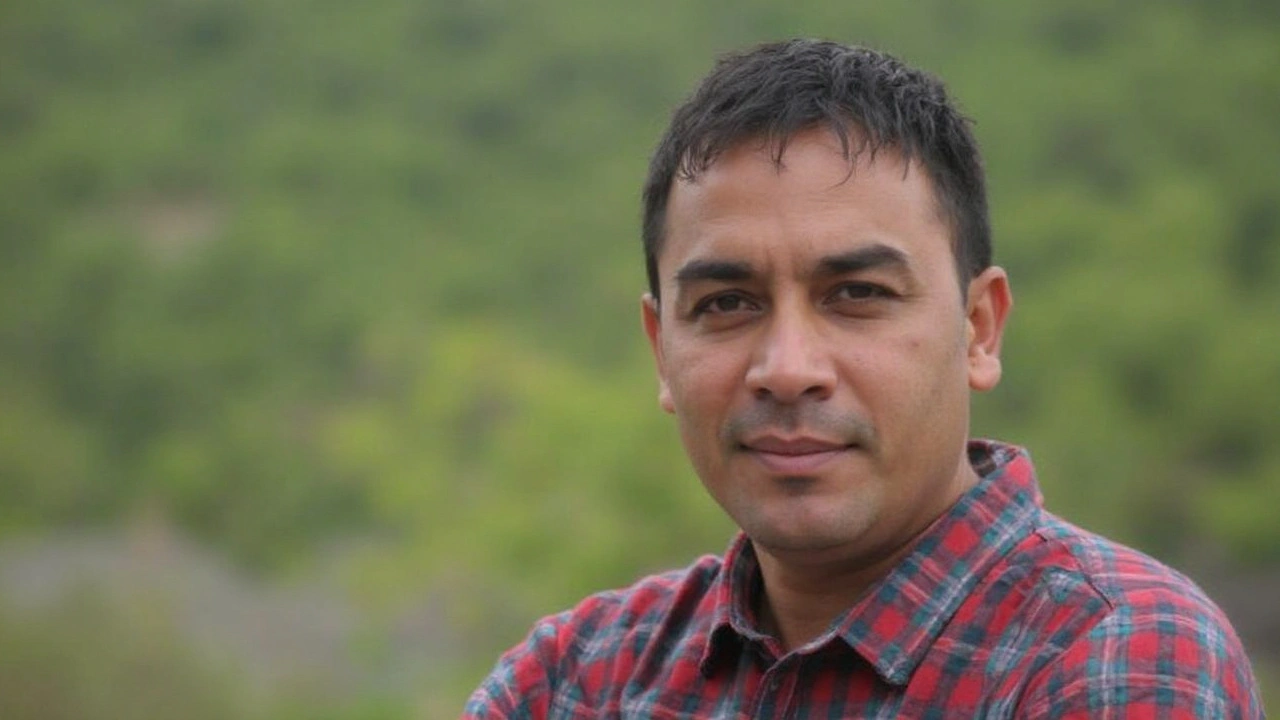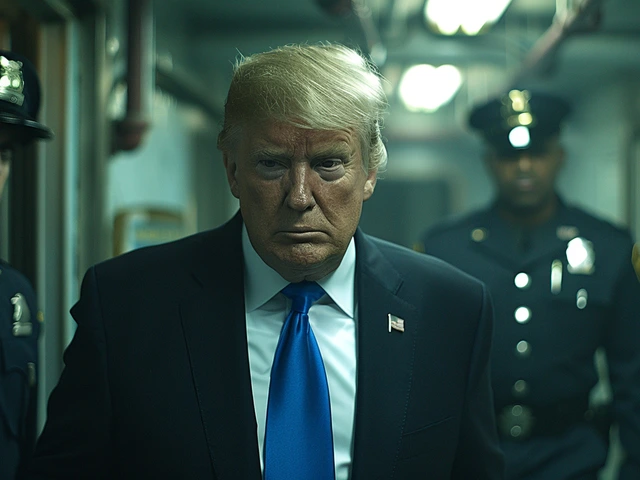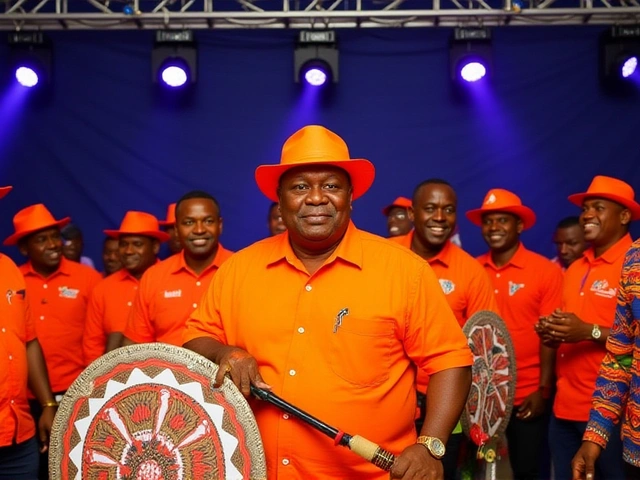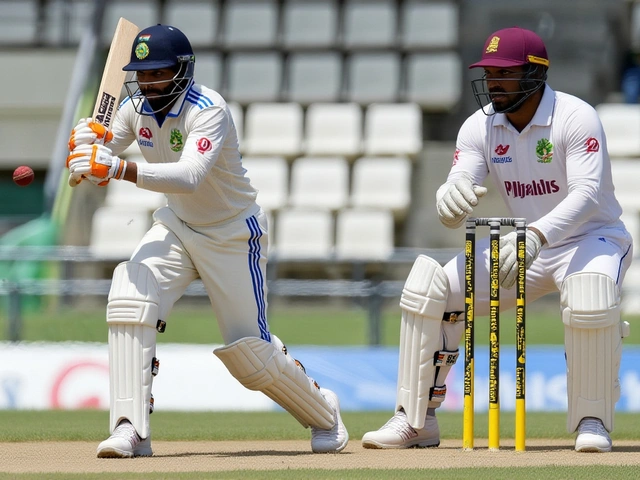Guatemala's Crackdown on Investigative Journalism
Guatemala ratcheted up its pressure on independent journalists this week, when an appellate court ordered Jose Rubén Zamora, founder of the investigative news outlet elPeriódico, back behind bars after more than two years in pretrial detention. The ruling on November 15, 2024, came as a shock to many observers, especially since Zamora had only recently been granted house arrest after spending 800 days in a cell.
The legal move hit like a punch to journalists across the region. Zamora, whose reporting has angered some of the country’s most powerful politicians and business interests, was locked up on money-laundering charges many see as retribution for his relentless investigations into government corruption. Jose Rubén Zamora has been a prominent thorn in the side of power, and his arrest sent a chill through Guatemala’s already embattled press corps.
International Condemnation and a Fragile Press Environment
Reporters Without Borders (RSF), the global watchdog for press freedom, wasted no time in blasting the appellate court’s ruling. The organization called it not just arbitrary, but emblematic of deeper problems rotting Guatemala’s justice system—where technicalities can outweigh basic rights, especially for critics of those in power. According to RSF, the court gave technical legal reasons for yanking Zamora out of his home and back into prison, but failed to offer any real justification for why he should remain detained.
It’s not just Zamora feeling the heat. Guatemala has tumbled down the rankings in the press freedom index, now sitting at a dismal 103rd out of 180 countries on RSF’s 2023 list. Independent outlets constantly navigate threats, lawsuits, and intimidation tactics. The closure of elPeriódico earlier this year, after a wave of legal and financial attacks, marked a turning point—leaving a gaping hole in the country’s media landscape.
Zamora’s lawyers quickly filed a constitutional appeal, arguing for his immediate release while blasting the weakened checks and balances of Guatemala’s criminal justice system. Meanwhile, advocates warn this case isn’t isolated. When high-profile reporters are targeted with vague or suspicious charges, it signals to others to back off from hard-hitting journalism—for their own safety.
This latest twist in Zamora’s ordeal shows just how fraught the battle for free press has become in Guatemala. As cases like his make headlines, the world is watching to see whether courage or corruption will shape the country’s future—and what price journalists will pay for the truth.






